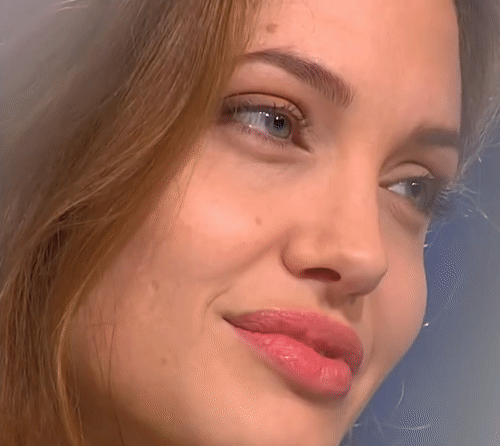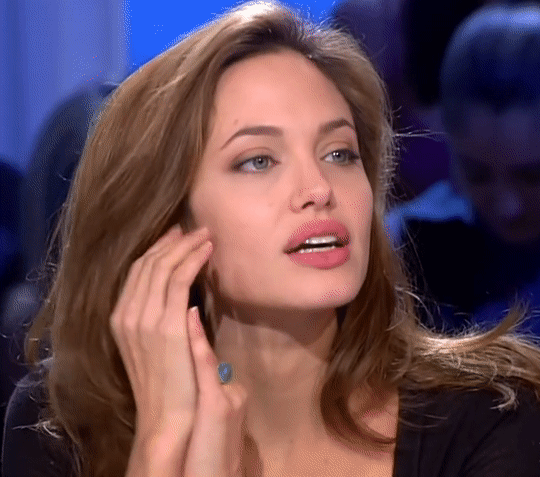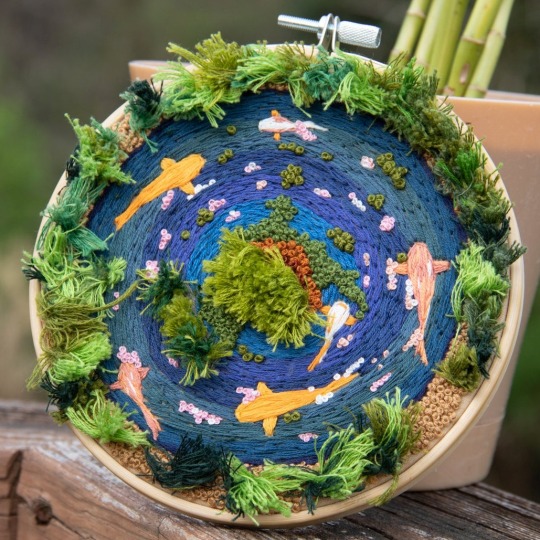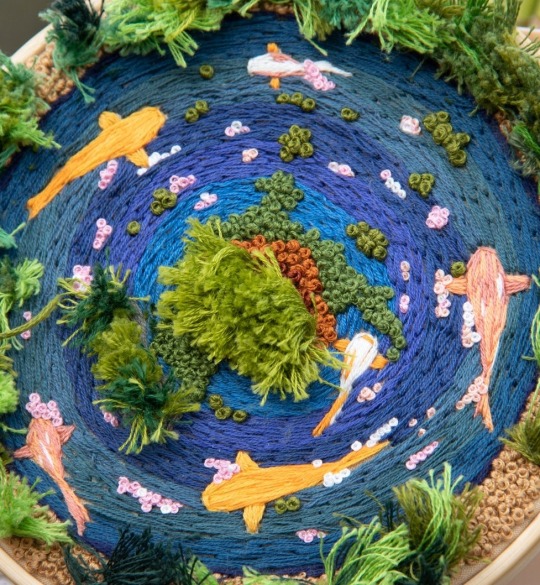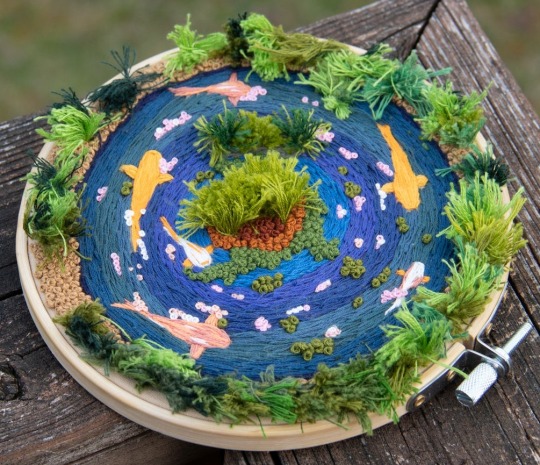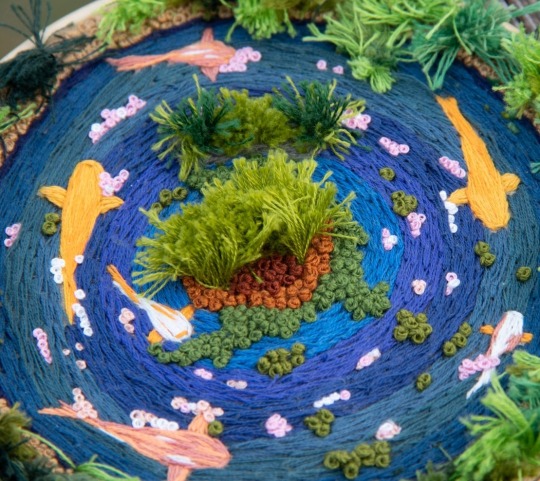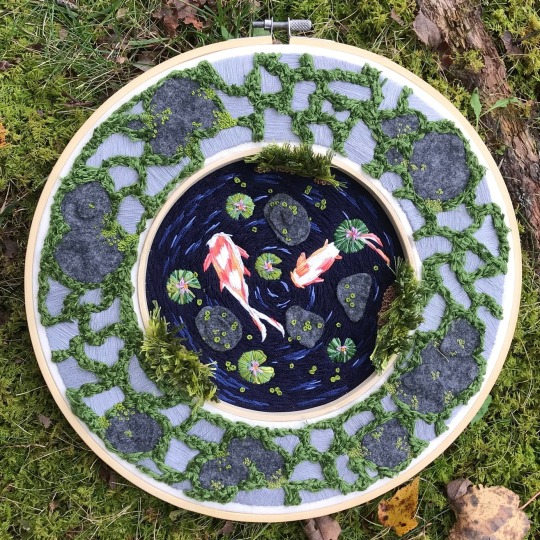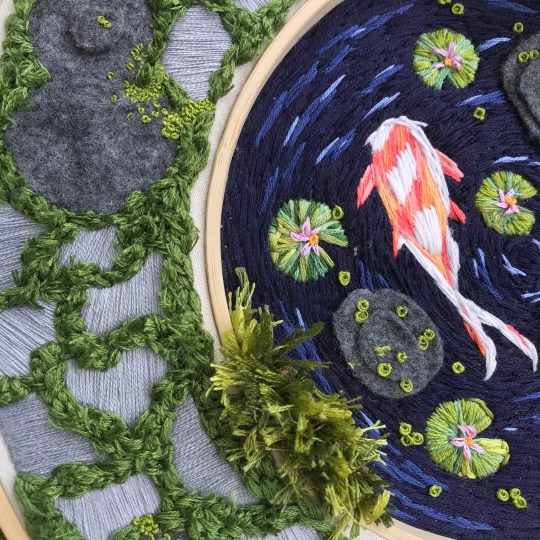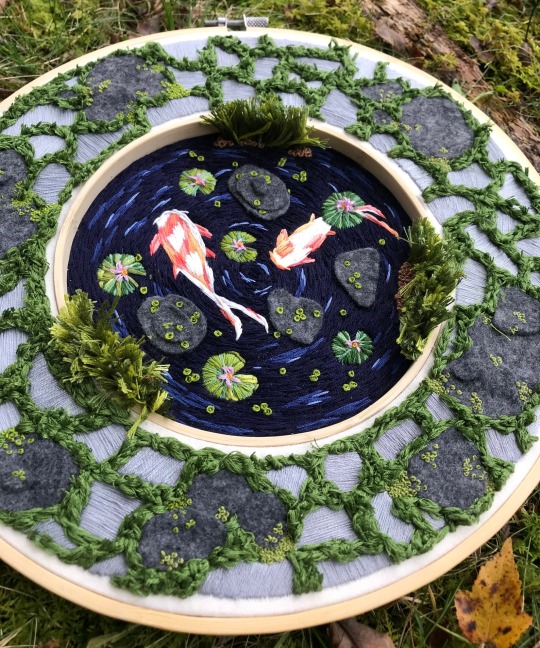Text

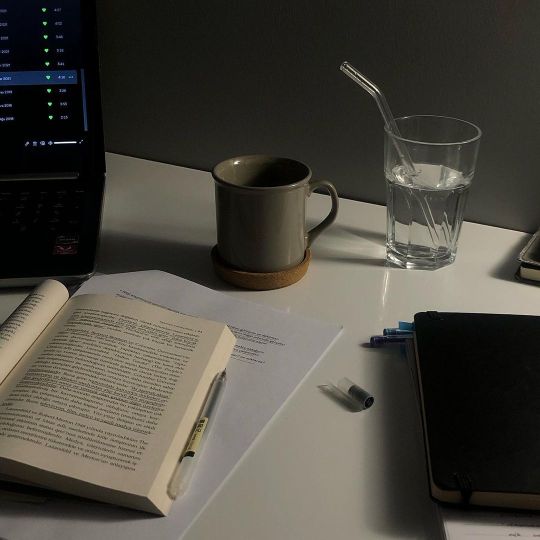
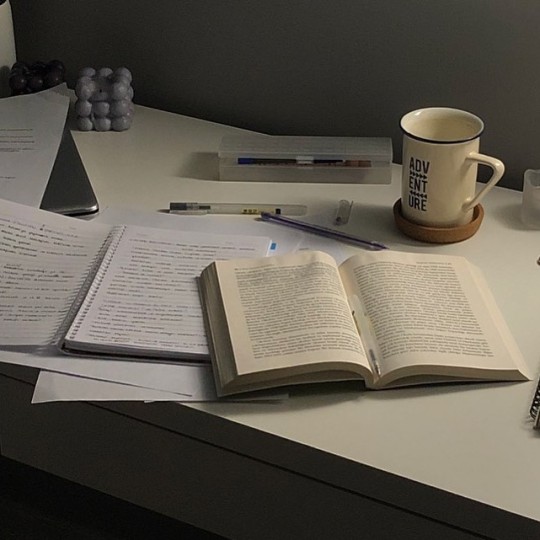
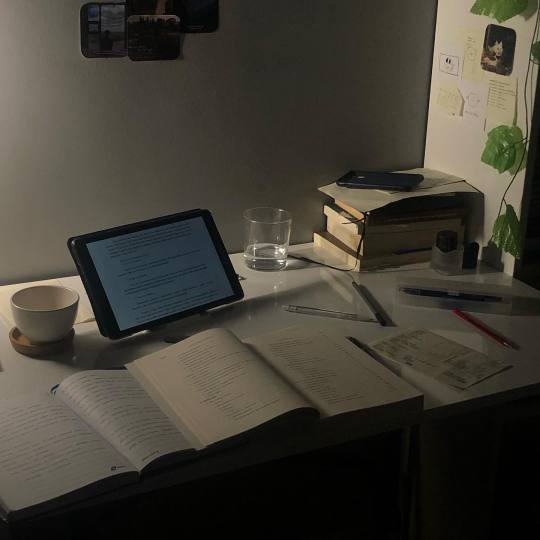
"Success is no accident. It is hard work, perseverance, learning, studying, sacrifice and most of all, love of what you are going or learning to do"
-Pelé
3K notes
·
View notes
Photo
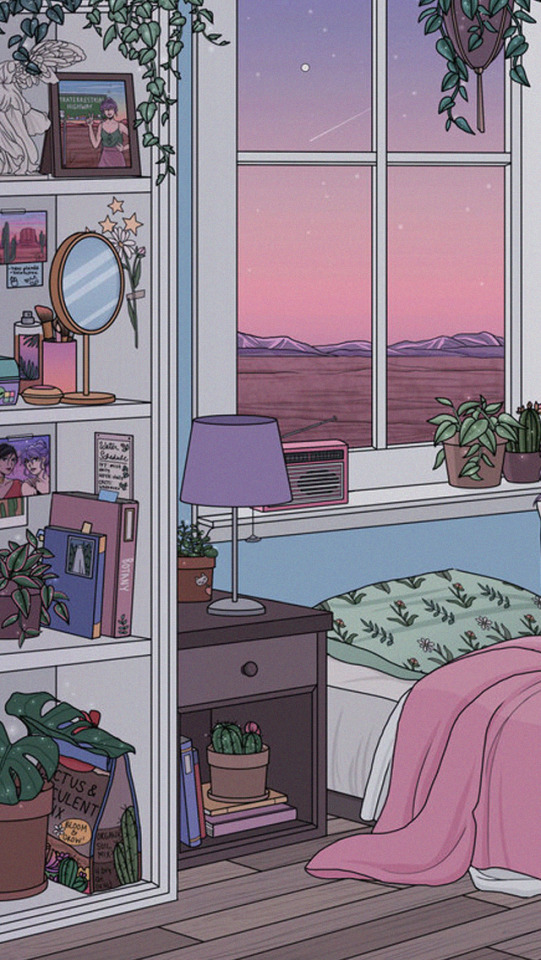
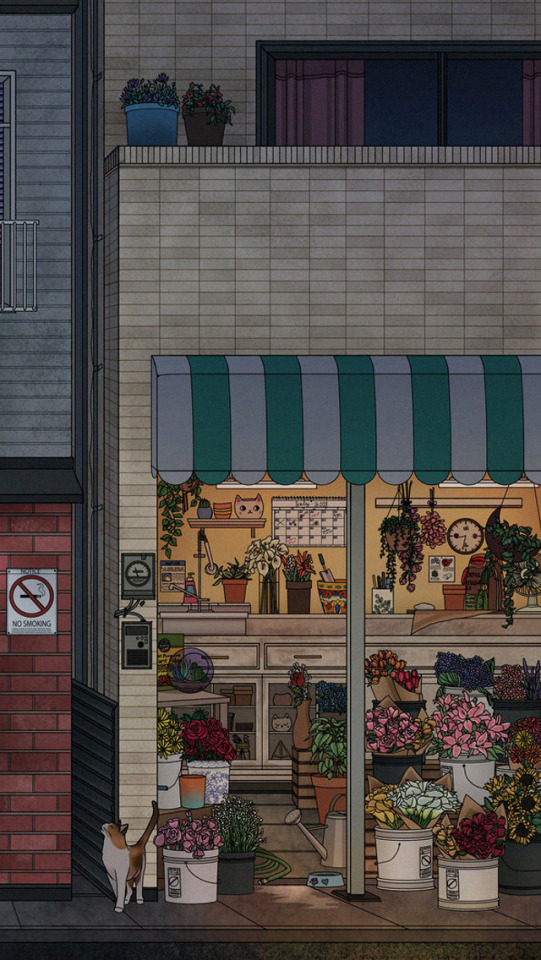
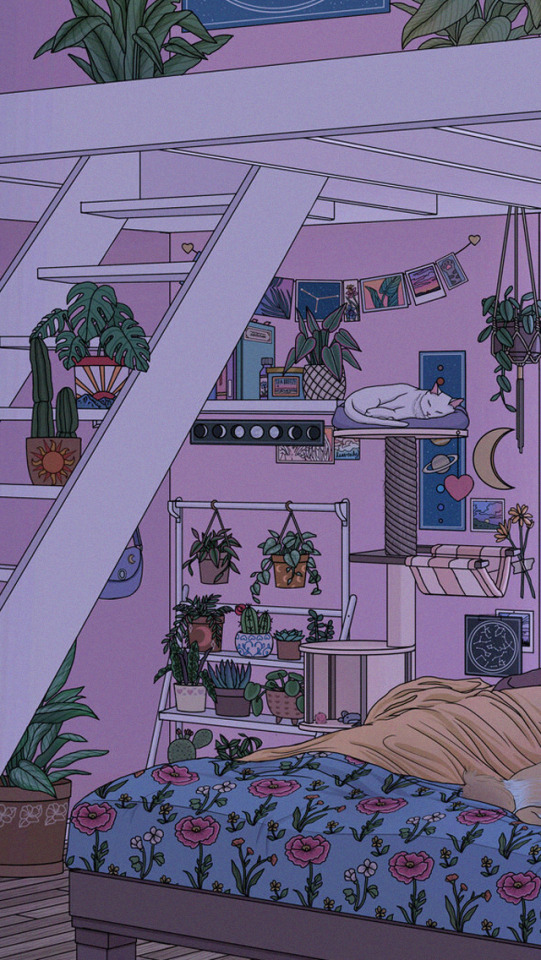
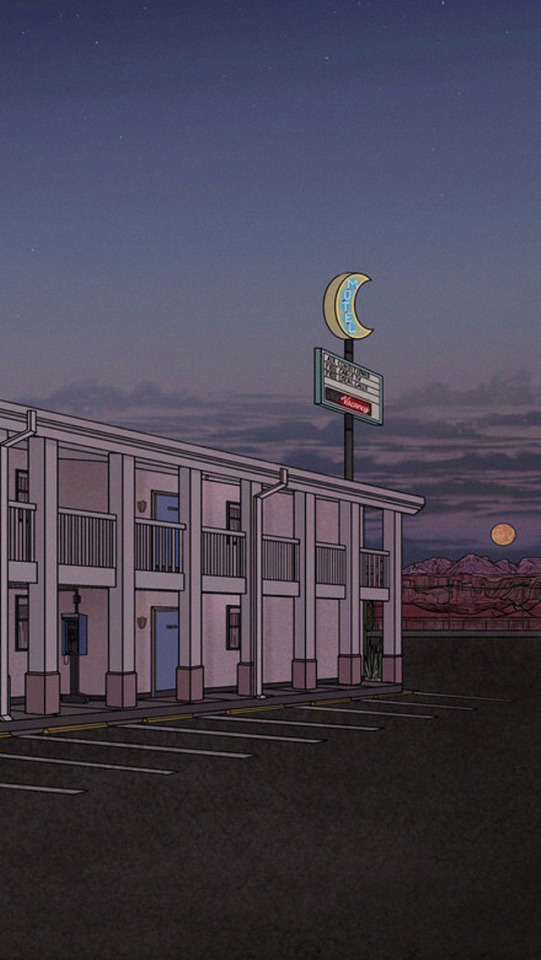
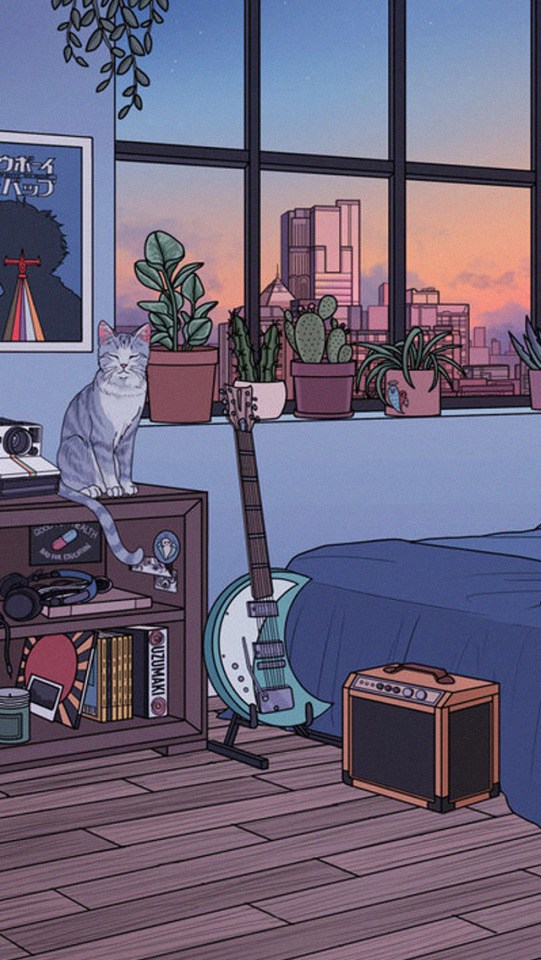
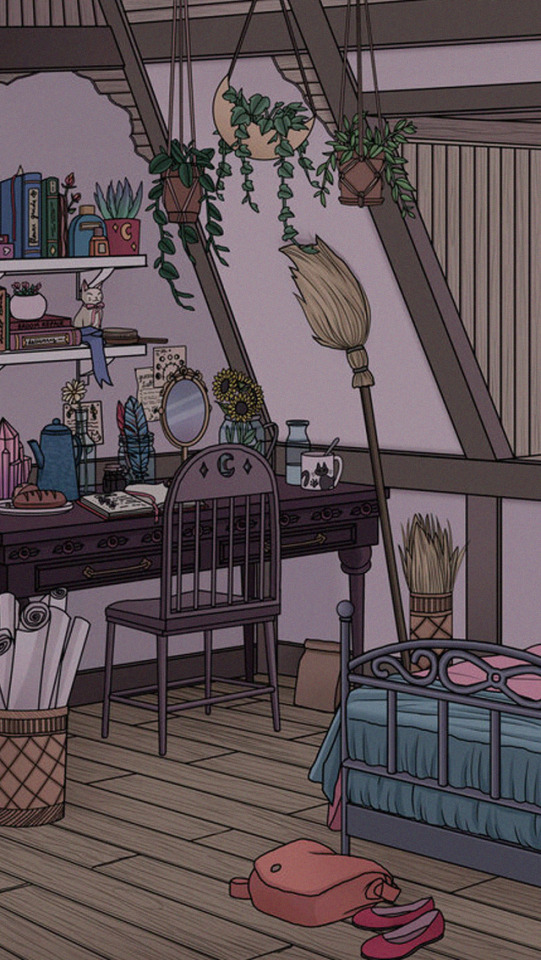
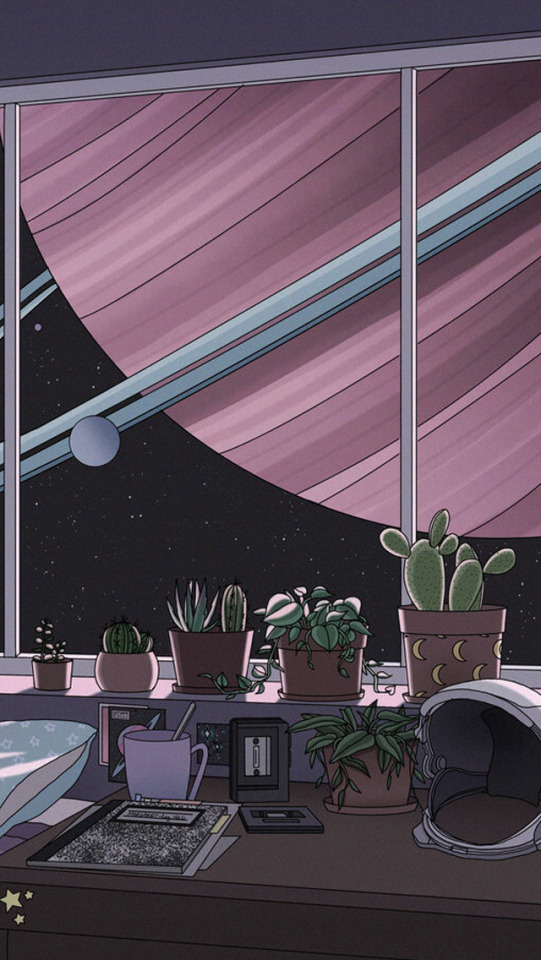
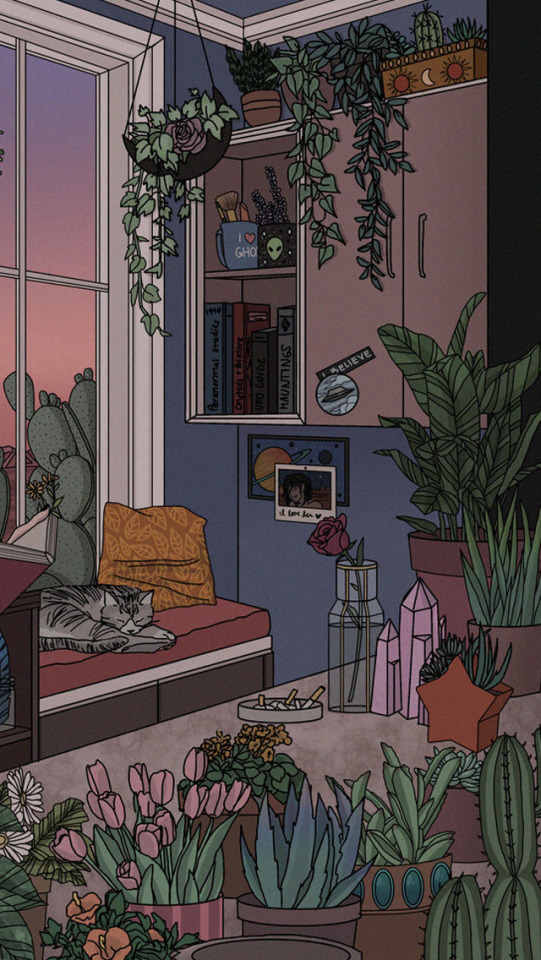
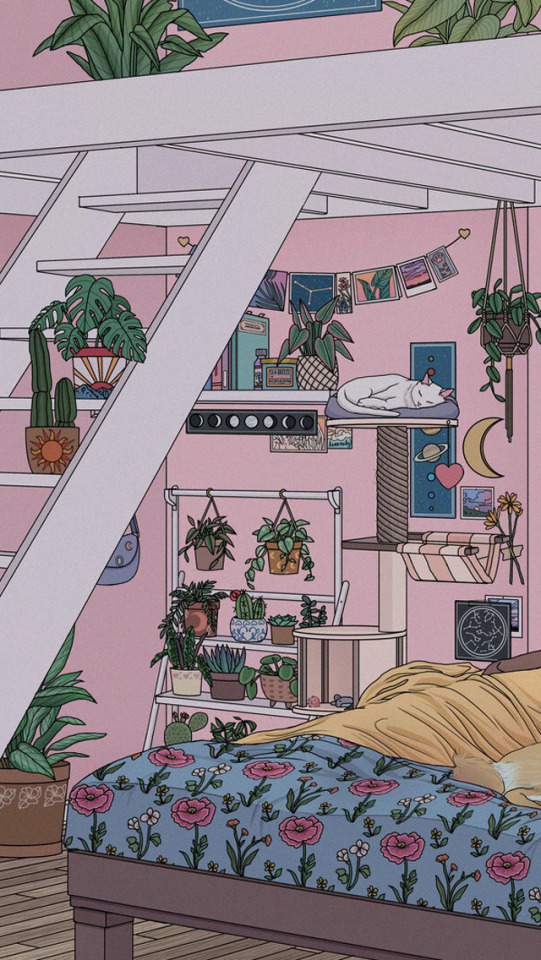
Illustrations by Kelsey Smith // Etsy
• like or reblog if you save 💕
16K notes
·
View notes
Photo
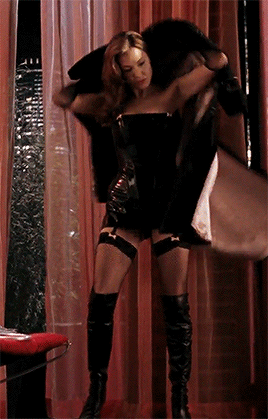

angelina jolie in mr. & mrs. smith (2005) dir. doug liman
50K notes
·
View notes
Photo



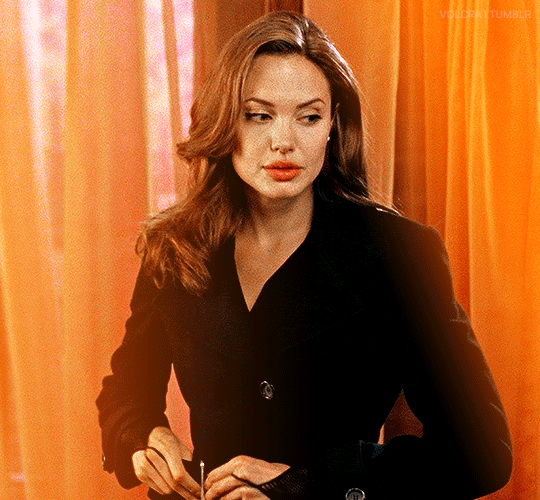
MILF MONDAY | Sept 27th 2021 ↳ ORANGE + Angelina Jolie as Jane Smith in Mr. & Mrs. Smith (2005)
3K notes
·
View notes
Photo


ANGELINA JOLIE as JANE SMITH MR & MRS. SMITH (2005) dir. Doug Liman
2K notes
·
View notes
Text
A Normative Discussion on Andrei Rublev
Meghnad Mukherjee

While watching Rublev, I couldn’t help but think about Béla Tarr and his The Turin Horse. Tarr developed his distinctive style over time, and so one should presume Rublev was a stage in Tarkovsky’s development towards perfecting his almost magical cinematic philosophy that we admire today. In this essay we will be discussing only some of the scenes (and a short general discussion) of this three hours long masterpiece otherwise the obvious following rant would not have stopped.
Holiday, 1408, June
The scene opens with the greatest of all Russian Icon painters Andrei Rublev and his crew of apprentices and helpers on their way to a job in the once-powerful feudal fortress city Vladimir in June of 1408. It is probably the evening of June 23, St. John the Baptist Eve, which falls immediately after summer solstice, the end of spring. The Kliaz'ma River rises north of Moscow, flows between Moscow and the Trinity-St. Sergius Monastery and eastward past Vladimir.
Gathering firewood, Andrei gets caught up in a village pagan ritual. We should notice the sounds of nightingales and of ritual bell percussion.Some would say he seeks a way to join his high spiritual calling and art to the real soil of Russian folk experience, his “civilization” to his “culture”. One way to describe the linkage of Christian “civilization” with Russian pagan “culture” is dual faith. Andrei is about to have a “dual faith” experience himself, and so are you if you let the film have its way.The making of a straw effigy and the burning of it are documented features of peasant ritual on St. John’s Eve. The sexual license portrayed here is characteristic of peasant spring and summer rituals. Andrei stands over a smoldering camp fire and his monkish robes catch fire. Fire and water are central to the pagan rituals of St. John’s Eve (they are also central to Tarkovsky’s own personal film imagery). The men and women are performing a characteristic ritual of St. John’s Eve. Also don’t miss the scene downstream from the two lines of naked folk—a white horse comes into view and begins to thrash the river’s surface as the ritual boat approaches.
Andrei is captured and bound in a stable by villagers who do not want him to interfere with their dear ritual. Marfa approaches him and plants an earthly kiss: physical contact of native paganism with highly refined and civilized Christianity. Notice the necklace she wears. Also notice how Andrei sheds his monkish cowl (identifying “uniform” of the black or monkish clergy) as he decides to melt into the woods and rejoin the village fest. As the next morning follows someone has squealed on the village revelers. The local landlord and his ruffian men-at-arms on horseback appear, accompanied by clerical enforcers, all bent on doing their official Christian duty. They hope to run down participants in last night’s ritual. Sure enough, here comes Marfa and her significant other, chased by authorities. He doesn’t get away, but she swims toward the middle of the river, immediately past the boat carrying Andrei, but he will not look at her. She splashes bravely out to deep waters.
Raid, autumn, 1408
Now we jump ahead a few weeks to the fall of 1408 and the outskirts of the city Vladimir. This army is led by a Russian prince who is a rival of his own brother for power in Vladimir. A tatar Khan’s army and his one will join up at a difficult river ford in preparation for an attack on Vladimir. As the two armies link up, the Khan and the Russian prince vie with one another to see who is faster. The Russian prince recalls an event in the previous winter in which the church tried to reconcile him with his rival brother. The wintry church is the great in Vladimir, built in 1194-1197. You can just barely make out the remarkable animal, vegetable and human figures carved in relief in the white stone outer walls of this ancient cathedral. These figures are taken to be themselves representatives of the combination of old pre-Christian “Scythian” motifs with Biblical themes.
Two times later in this section of the film, the Russian prince flashes back to this treacherous “kissing of the cross” which he and his Tatar ally are now about to betray. The second flashback occurs as the Russian prince witnesses the Tatar humiliation of the captured prince’s brother and family and receives from the Tatars the vestments of the now deposed brother’s power. The sounds of the Orthodox mass can be heard again, now in the courtyard as the Tatar khan nervously walks his war horse back and forth in anticipation of breaking into the church. A dying horse comes down a stairway and falls to the ground, bleeding to death. This is a disturbing and powerful scene. We may be more touched by this cruel death than by all the other film portrayals of human death. As the horse stumbles to its death, from the church we hear the most characteristic phrases from the Russian mass: Hospodi, pomilui, Hospodi, pomilui… [Lord, have mercy, Lord, have mercy…].
Soon, we see inside the cathedral being rammed by the Tatar army.We spy Andrei again. He is with a young blond woman. The actress is Tarkovsky’s wife, and she is playing a paradigmatic Russian cultural role: the holy fool. She is a “durochka”, not able to take care of herself, but in her naive simplicity representing something very dear to Russian tradition. Andrei has made himself her protector in earlier scenes, and now they are trapped together as the cathedral door breaks open. What a scene, as the Tatar khan paces his horse around inside the cathedral, asking the Russian prince taunting questions about the holy images on the walls, most now burning. The brave and defiant Foma is tortured, molten lead is poured into his mouth, and he is dragged to his death by a stallion stampeded through the devastated streets of Vladimir.The traitorous prince is beset with deep misgivings about this destructive adventure. Large white geese float from cathedral rooftops to the disordered streets below, all in slow motion. Andrei and Durochka are still in the church and try to come to terms with what has just transpired.
Tatar’s Wife
The final scene I have selected is four years later, the winter of 1412. It is a hard winter, and famine stalks the land. Andrei is heating large stones and trying to transfer them to wooden casks to heat water. Durochka is eating an old apple. The Tatar khan rides into the monastery with several of his warriors. They are in a playful mood. The khan feeds frozen meat to quarrelsome dogs. Durochka wants some too. What follows is one of the most intriguing “falling-in-love” scenes in all of filmdom. Andrei tries to intervene, but this situation is beyond his or just about any imaginable power to change. As the khan sweeps Durochka up behind his saddle and he and his warriors gallop out of the monastery courtyard through a roofed gateway, our time is up.
Some commentary or rather a casual discussion –
Tarkovsky created a film about faith in a time when there were no films about religion, apart from satire or anti-religion propaganda. At the same time, people who were religious have tended to view film as a profane medium, inappropriate for religious topics. Andrei Rublev was a 15th-century monk regarded as Russia’s greatest icon writer. While his work is well known and celebrated throughout Russia, little is known of his life except for the handful of icons he left behind. Tarkovsky invented life for Rublev. It is then not an investigation into the painter’s life, but Tarkovsky’s response to what the filmmaker saw and felt by looking at Rublev’s icons.
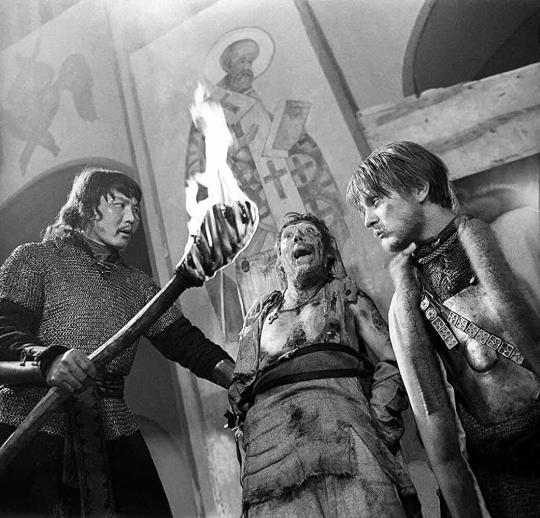
Moving through ‘a sequence of detailed fragments’ in which Rublev is sometimes present, sometimes only an observer, the film works toward difficult questions: how is experience related, and how can it be communicated? How can art be true to its subject and its audience?How do you paint the trinity without just reducing it to the sum of its parts?
At once humble and cosmic, Rublev was described by Tarkovsky as a “film of the earth.” Shot in widescreen and sharply defined black and white, the movie is supremely tactile—the four classical elements appearing here as mist, mud, guttering candles, and snow. A 360-degree pan around a primitive stable conveys the wonder of existence. Such long, sinuous takes are like expressionist brushstrokes; the result is a kind of narrative impasto.The film’s brilliant, never-explained prologue shows some medieval Icarus braving an angry crowd to storm the heavens. Having climbed a church tower, he takes flight in a primitive hot-air balloon—an exhilarating panorama—before crashing to earth. Fifteenth century Russia was a tumultuous country, never really at peace, and Tarkovsky shows this in particular in the latter half of the film. The theme of conscience is present throughout the film.Tarkovsky plays here with sound and silence, almost deafening silence.
Shooting the entire movie in black and white, Tarkovsky finally dazzles the audience with close-ups of Rublev’s works, revealed for the first time during the movie in all their brilliance and colour. After more than two hours of sombre and austere imagery, the beauty of the frescoes amazes the viewers. The art, born from the endeavours and aspirations of the artist, is presented to the audience in all its grandeur, rising over the everyday like the man on the balloon at the beginning of the movie. This universal quality of the artist and his work makes the historical period irrelevant, performing a spiritual sweep, casting an ethereal spell on the audience.
Andrei Rublev is itself more an icon than a movie about an icon painter. (Perhaps it should be seen as a “moving icon”) This is a portrait of an artist in which no one lifts a brush. The patterns are God’s, whether seen in a close-up of spilled paint swirling into pond water or the clods of dirt Rublev flings against a whitewashed wall. But no movie has ever attached greater significance to the artist’s role. It is as though Rublev’s presence justifies creation.
7 notes
·
View notes
Text
Ima start saying shit like “im retiring for the evening”
98K notes
·
View notes
Text
Embossed braille should be standard on computer keyboards.
It would raise braille literacy more than anything else I could imagine - among both the blind and the sighted. Currently braille is actually vanishing due to an increasing reliance on audiobooks and screen readers.
I think that braille has a lot of potential use among non-blind groups. As an alternative to traditional writing for dyslexics. As a way to help photosensitive people type with their eyes closed. Or simply as a means to help sighted people find things without needing the lights on all the time!
87K notes
·
View notes
Photo
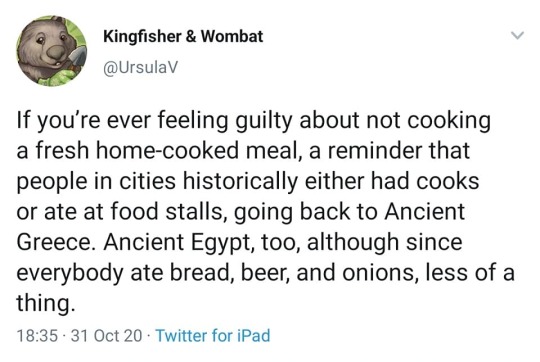
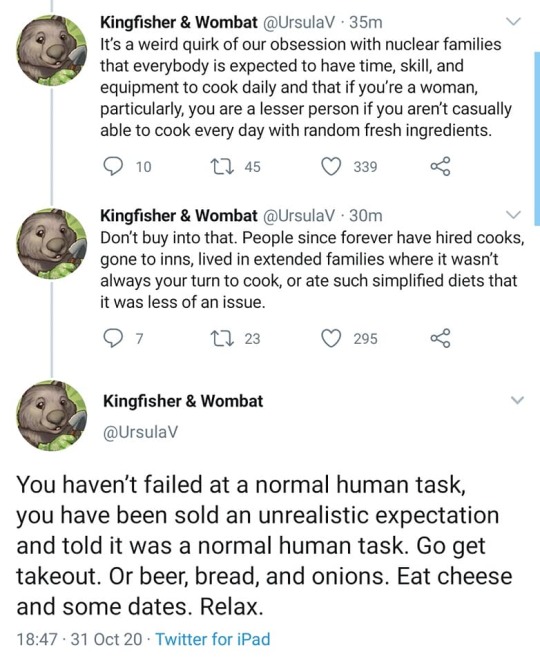
For those who have overactive guilt complexes like me…
167K notes
·
View notes
Photo

every single student in the world has likely procrastinated at some point - i know i definitely have! sometimes i think it can be quite helpful because means that you don’t spend every minute of every day studying… but on the other hand, it can become very hard to beat. there are so many advice posts in the community on this topic but i thought that i would share my own tips!
disclaimer: everyone studies differently and these are my personal tips. they may not work for you but they can be a good starting point
What is Procrastination?
i found this little summary of procrastinating on the internet and thought it completely covered everything that i wanted to say on this point:
Procrastination is the habit of delaying an important task, usually by focusing on less urgent, more enjoyable, and easier activities instead. It is different from laziness, which is the unwillingness to act.
Procrastination can restrict your potential and undermine your career. It can also disrupt teamwork, reduce morale, and even lead to depression and job loss. So, it’s crucial to take proactive steps to prevent it.
The first step to overcoming procrastination is to recognize that you’re doing it. Then, identify the reasons behind your behavior and use appropriate strategies to manage and overcome it.
- How to Stop Procrastinating by Mindtools
so what is learnt from this is that:
procrastination is not being lazy
it is avoiding tasks by doing other easier tasks
it can have negative effects
you need to proactively take steps to avoid it
first, recognise the procrastinating then use strategies to break the cycle
Conventional Tips
these are the basic tips that are some of the most well-known strategies for ending procrastination and can be some of the most important steps!
1. get organised. tidy up your desk to study space because there is nothing worse than having to work in a place that is chaotic and mess. collect the information you need for the task, for example, notes you’ve made or a textbook.
2. to-do lists are your friend. a lot of people (including me) really struggle with timetables for studying because it can seem really structured and there is no flexibility or real allowance for things that may crop up during the day (your food takes longer to cook, you have to unexpectedly do a task around the house, you get a really bad headache and need to take a break). in my opinion, to-do lists help solve this problem! you can clearly see the tasks that you want to get done for the day but you don’t have stressful time constraints. personally, i always use todoist to keep track of everything. to-do lists also make it easier to break tasks down
3. break the task down. one of the biggest cause of procrastination is having a huge task or project ahead of you because it seems really daunting and where on earth are you even going to start? so break it down *completely*. in your to-do list, don’t just write ‘german homework’, write down even task that you need to do within it and be specific: for example ‘pg. 11 ex 4a, 4b and 4c’, ‘textbook listening task on pg. 47′ and ‘250-word essay on social media in Germany’. breaking it down makes the tasks seem more attainable and when you’ve done one and you can cross it off your list, it gives you a boost to keep going
4. eliminate distractions. this is a big one. even if you do all of the above, if you are constantly being distracted by things, you aren’t going to get much done. try to find a place that is quiet enough that you can focus and you feel comfortable studying in. as well as this you need to think about what to do with your phone as the likelihood is that this will be the most distracting thing. you can simply turn it off, put on do not disturb, leave it in another room or use and app like forest (that last one is what i use and i don’t know where i would be without it!)
5. use incentives. finishing a task is an achievement so treat it like one! before you study, decide on something that you will give yourself as a reward for doing it. this may be watching that new episode of your favourite programme or a tasty snack!
6. set timers. don’t just launch yourself into a task, because that again can make it seem daunting and feel unending. rather, set a timer for a specific time because you’ll know that you just need to focus for that specific length of time and then you can go take a break and do something nice. for timing your study sessions, you could use the Pomodoro technique
7. allow for breaks (but try to avoid long ones). you are not a machine and as much as it would be great to be able to, you cant study for hours on end without giving your mind a break from focusing. so schedule in break time for yourself, particularly for times that you know your motivation dips, and do something nice. but be very careful that you don’t accidentally slip back into procrastinating habits and keep breaks short. unless you are very disciplined it is unlikely that an hour-long break will stay just an hour.
8. know how you study but don’t be afraid to mix it up. everyone studies differently and so there are going to be some study methods that work better for some than others. so try to make sure that you are studying smart and that you aren’t wasting your own time cause that can be incredibly unmotivating. HOWEVER, if there is anything that I’ve learnt from online school its that doing the same task all the time, every day is mind-numbingly boring and you just want to do anything else. so try to switch up what you are doing. if you usually just type notes from the textbook, maybe try doing it in a mindmap one week, or on flashcards, maybe do some practise questions to keep your mind engaged.
9. play music. now this one really depends on the person and how you study. some people need absolute silence and that is fine, but others need something to fill the silence or maybe cover up background noise (for example if you live in a busy household). try to pick music however that is not going to distract you - the key tips for this is to pick music without lyrics. this can be classical music, video game music, or general ‘chill’ music (there are so many playlists out there for chill studying music). i personally listen to Francesco Parrino religiously while studying because he does piano covers of pop songs, so i know the songs and enjoy them but there are no lyrics that can distract me
10. stay hydrated, well-rested and not hungry. this is part of eliminating distractions because if you are thirsty, you are going to be thinking about how you want a drink; if you are tired, you are going to be thinking about how tired you are; if you are hungry, you are going to be thinking about what you want for lunch or whatever. make sure you are hydrated, well-rested and not hungry so you can focus solely on your task or work.
Unconventional Tips
these are some slightly more unusual tips that you might not have seen before but that I’ve nevertheless found very useful!
1. video yourself or do a timelapse. this is something that I’ve only recently done because i saw a tip on this from someone during my quarantine challenge and thought that it would be cool to do. and it really works! i did it twice once when i was typing notes and a second time when i was handwriting notes and it really made me focus on what is as doing because the video put some pressure on me to look like i was properly studying - i could take a 5-minute break in the middle of my work to mess around with my pen, I just had to keep going so it really forces you to do the work. also watching the video when i was done made me really proud cause i had visual proof of how much i completed!
2. accept that some days you are going to get very little done. this may seem a little bit odd to put on a post that is meant to avoid getting nothing done but it’s actually a very important thing to remember. sometimes you need to take days off because otherwise you are going to burnout and some days you are just not going to be in the right mindset for studying because maybe you are exhausted after a big exam, or you have a headache or you feel unwell. you just need to accept it, draw a line under it, take time for yourself, and resolve yourself to work tomorrow once you feel a bit better. there is no shame in taking time to make sure you stay healthy. if you can, try to get your quickest, easiest task done so you have some sense of accomplishment.
3. ‘churn it out and f**k off’. this was my mum’s motto when she was studying and working in academia. and she recently told it to me when i was getting stressed about all the big tasks during online school. i am a perfectionist and i always want to hand in my very best work, put 100% into everything, but honestly that is impossible. some days you just need to get stuff done and if that isn’t your very best then it doesn’t matter too much because at least you got it done. and once you get it done you can just forget about it.
4. ask a friend or parent to check up on you. when you are studying by yourself it can be hard to motivate yourself because you know that no ones actually going to check whether you made those votes or did the reading, so ask a friend or someone you live with to check whether you’ve done the work or get them to read essays. you then get an external reason to study or do your tasks because you need to show them something.
5. rephrase how you think of tasks. when you think that ‘you need to do this task’ or ‘you have to get this done’, a lot of the time this causes unneeded stress and anxiety that is not going to help you at all. also it makes it seem like you are being forced to do something and human beings generally don’t act great when they are forced to do something. so try to change your language when thinking about task into one that is more forgiving such as ‘i choose to do this project so that i can go meet my friends tomorrow’ and ‘i choose to read this book now because it will help me in the lecture next week’. this is probably the most difficult strategy on this list and it will take a lot of practice (i am certainly still practising it) but in the long term, it can help you change the way in which you view studying for the better.
✨✨✨
i hope this was helpful and that these tips will be useful, and perhaps you’ve discovered some new ones! if anyone has anything to add please feel free to reply or reblog with the advice <3
2K notes
·
View notes
Photo
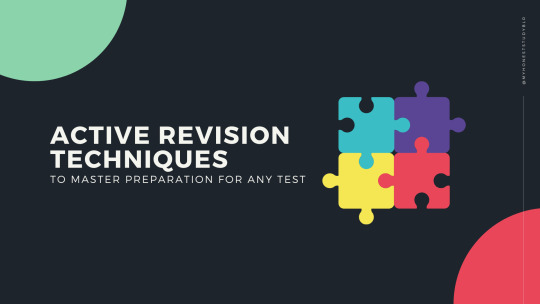
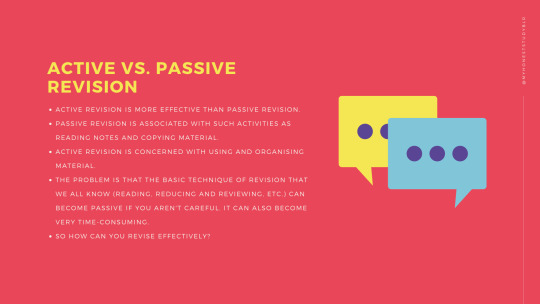
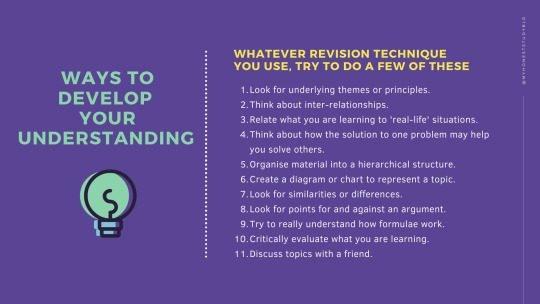
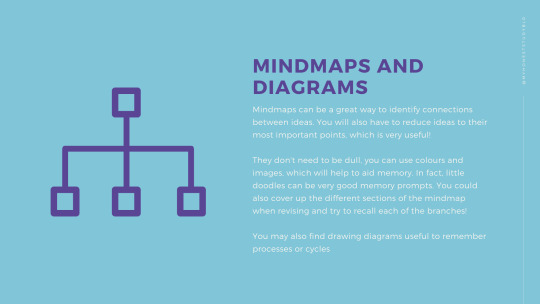
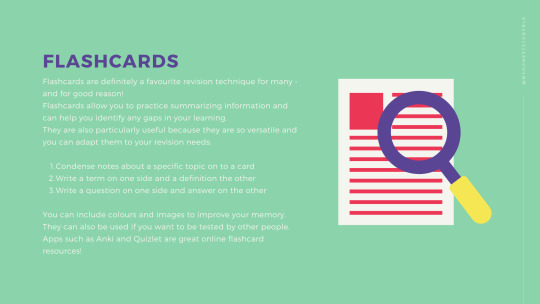
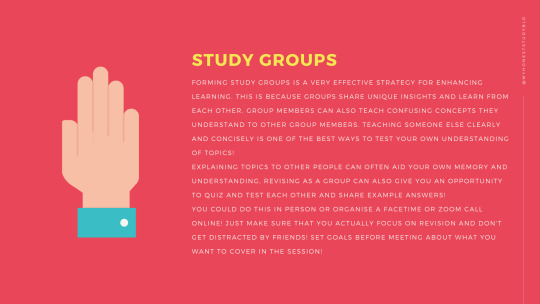
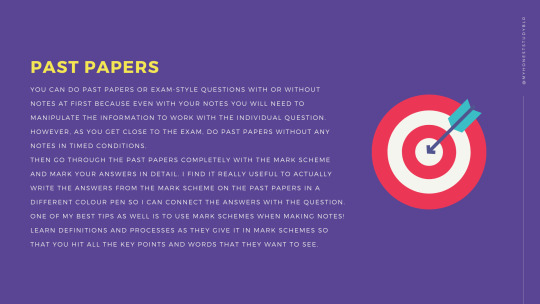
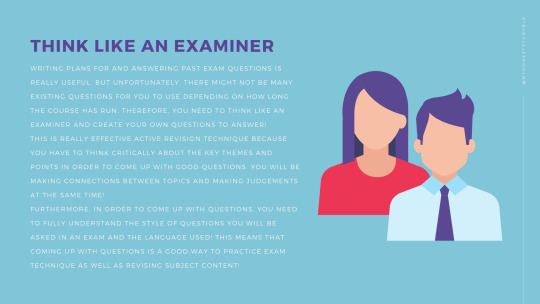
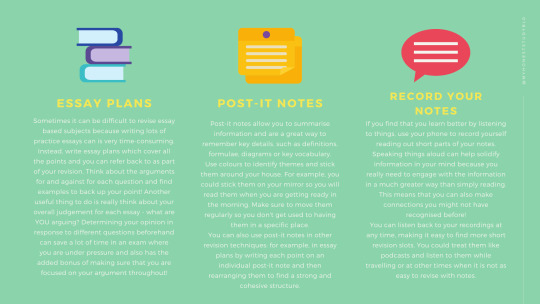
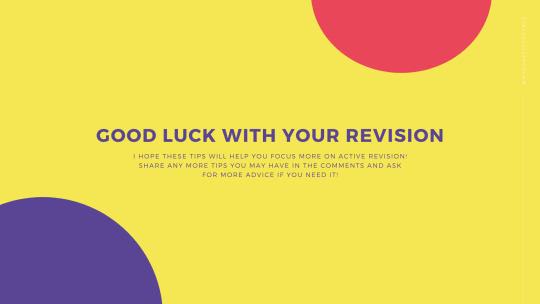
my masterpost | my studygram | ask me anything
[click images for high quality]
Other advice posts that may be of interest:
How To Stop Procrastinating
How To Study When You Really Don’t Want To
My Experiences With GCSEs
2K notes
·
View notes

